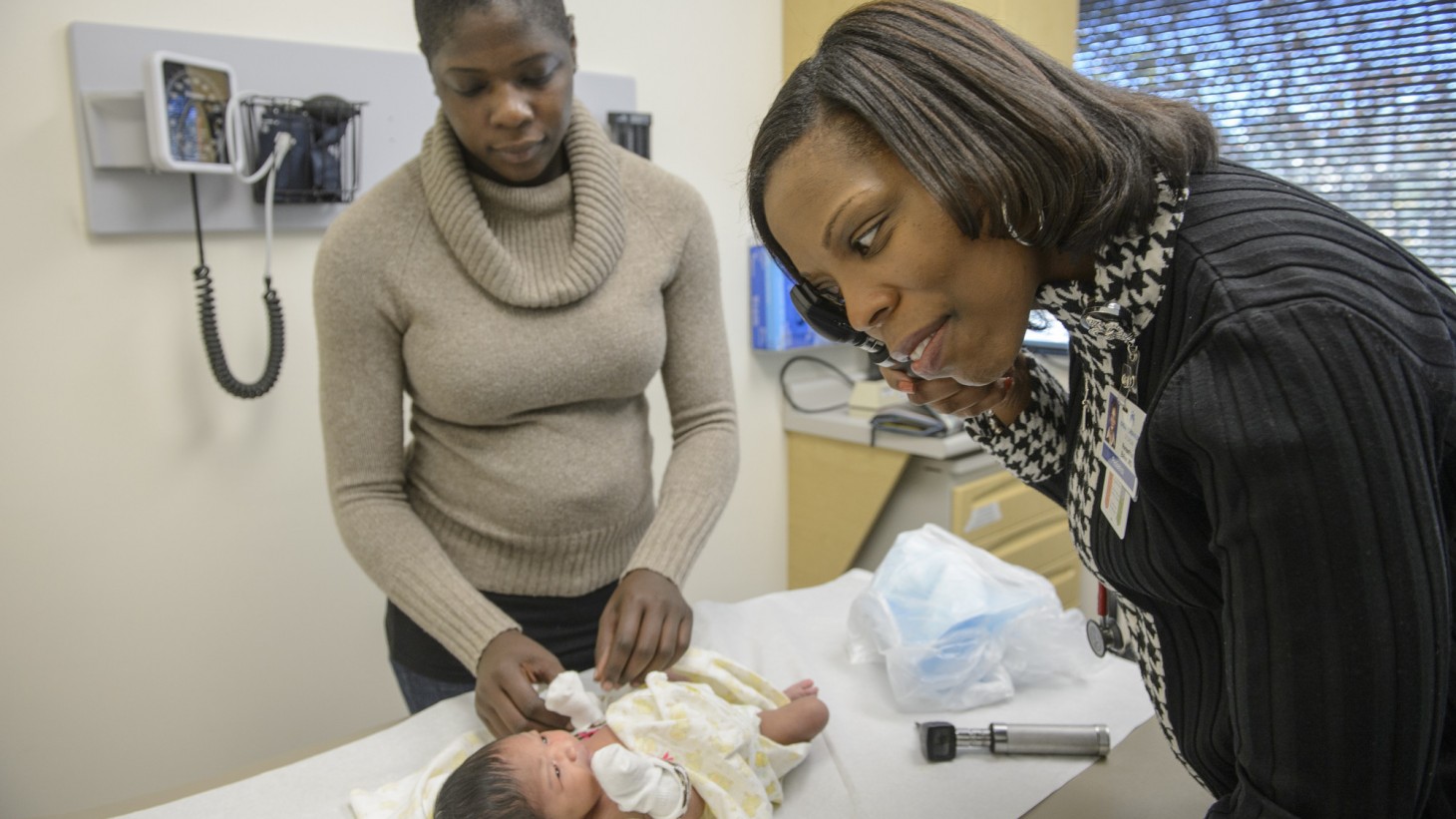Help Video
How to Find UBT Basics on the LMP Website
LMP Website Overview
How to Find How-To Guides
This short animated video explains how to find and use our powerful how-to guides
How to Find and Use Team-Tested Practices
Does your team want to improve service? Or clinical quality? If you don't know where to start, check out the team-tested practices on the LMP website. This short video shows you how.
How to Use the Search Function on the LMP Website
Having trouble using the search function? Check out this short video to help you search like a pro!
How to Find the Tools on the LMP Website
Need to find a checklist, template or puzzle? Don't know where to start? Check out this short video to find the tools you need on the LMP website with just a few clicks.

The pediatrics team at Southwood Medical Center in Atlanta got proactive with their pediatrics asthma patients to help prevent flare-ups. Pictured left to right are Shantia Moss (mother) with Lena Alexandra Gillett (child) and Southwood Pediatrics Lead MD/Co-Lead Reneathia P. Baker.
Asthma: Look for It, Don’t Wait for It
An asthma flare-up can be traumatic and end in the ER. But it’s entirely avoidable, so the pediatrics team at Southwood Medical Center in Georgia got proactive. They identified the patients who were persistently asthmatic instead of just following up on those who had been hospitalized. They also taught parents and patients about the best way to avoid flare-ups, and how to use medication. Identifying asthmatics went from five percent to 79 percent in less than a year, and compliance with medication improved to nearly 100 percent.
Here's What Worked
- Identifying persistent asthmatics, instead of waiting to follow up on ER visits
- Discussing with patients and parents how to avoid flare-ups
- Educating about the proper use of their medication to control the disease
What can your team do to harness KP's unique tools to enhance preventive care? And what can your team do to help patients better understand their care?
getting nearly full compliance in following asthmatic medication protocols
Need an Idea! Borrow One!
- Looking to the (Google) Stars for Exceptional Patient Care Colorado team focuses on patient feedback.
- Optical Team Solves Swirling Mystery Technicians overcome problem damaging new eyeglass lenses.
- Getting Personal to Improve Patient Care Teams collect patient information to address health disparities.
